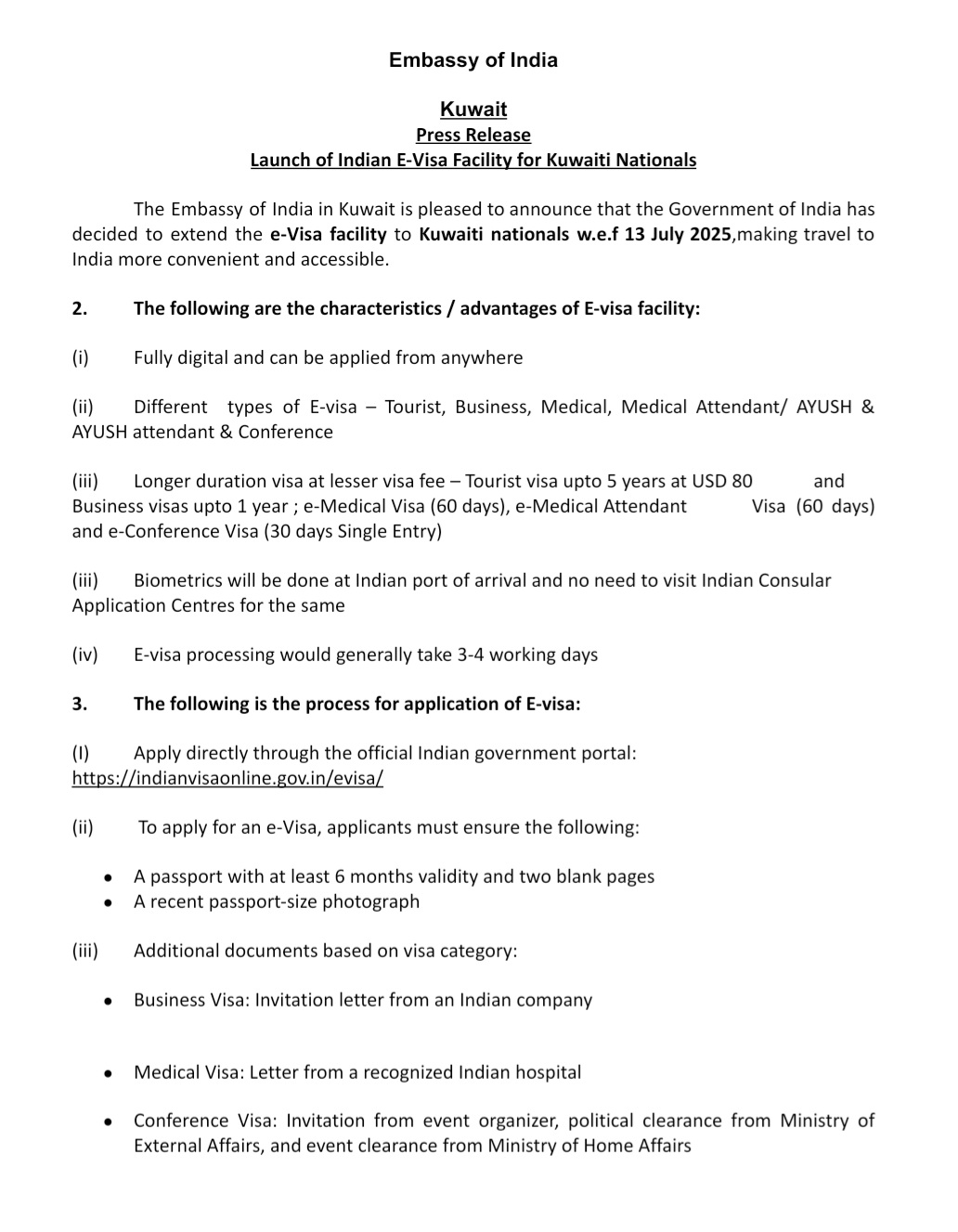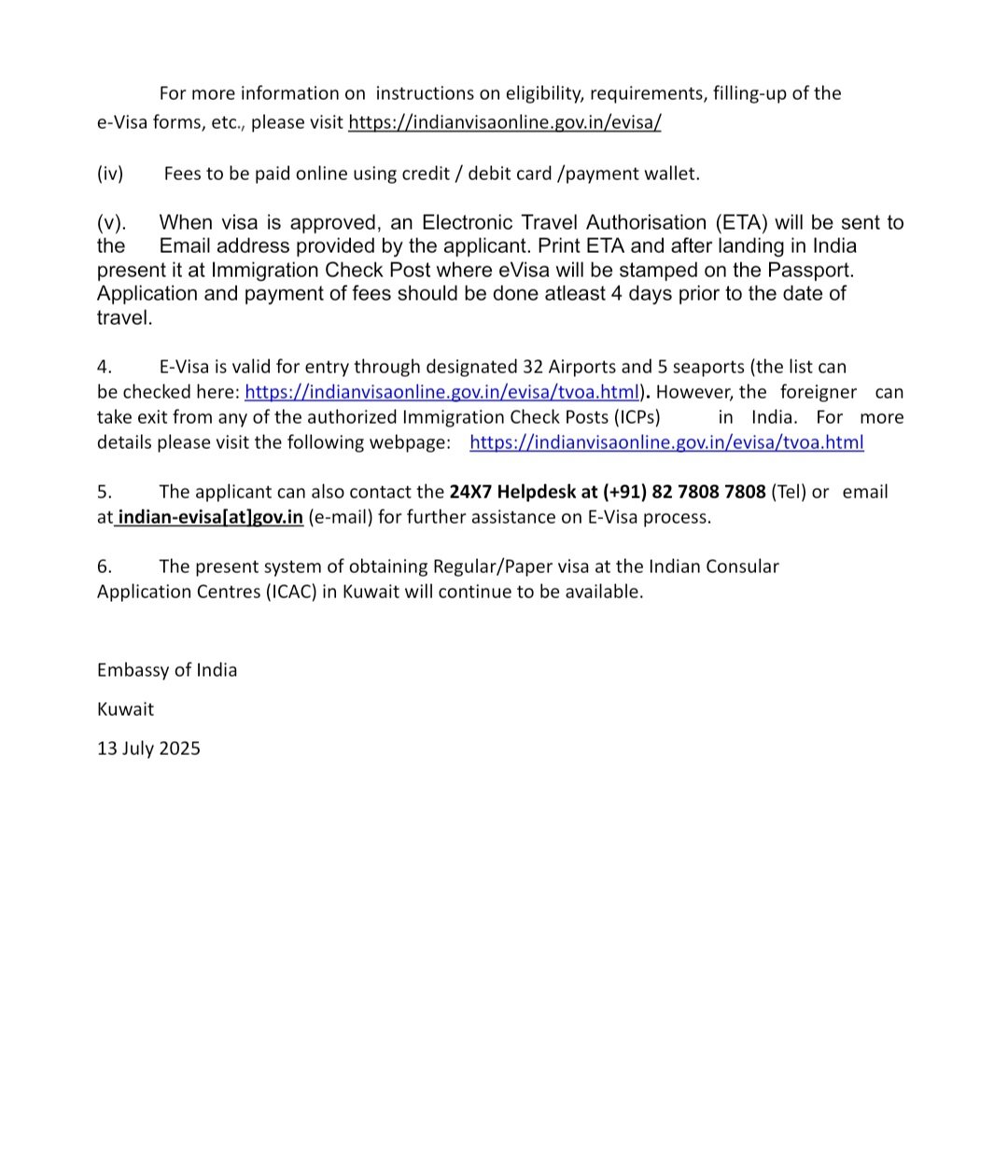Brokers and jewelers in Kuwait are advised by MCI to sign up for the MoFA Alert System by July 31.
The Kuwait Ministry of Commerce and Industry has issued a directive requiring all real estate brokers and precious metals dealers in the country to register with the automated alert system managed by the Ministry of Foreign Affairs. This system provides real-time updates on international sanctions lists related to counterterrorism, terrorism financing, and arms proliferation.
According to a report by Al-Rai Daily, the ministry emphasized that the registration is mandatory and must be completed by July 31. Failure to comply will result in financial penalties in line with applicable legal frameworks.
This move comes as part of Kuwait’s broader commitment to international obligations under frameworks that aim to combat money laundering, terrorist financing, and the illegal spread of weapons. The sanctions alert system helps businesses stay updated on blacklist designations that could impact their operations.
The Ministry stated, “All concerned parties must complete their registration by the deadline to avoid penalties and ensure their operations are aligned with international compliance standards.”
Real estate brokers and precious metals traders are particularly vulnerable to being unknowingly involved in financial transactions with sanctioned individuals or entities. By registering with the alert system, these businesses will receive timely notifications that allow them to take immediate action to remain compliant.
This initiative is aligned with the country’s ongoing efforts to reinforce financial transparency and protect its economy from illegal activities. Recent efforts by the Kuwait Financial Intelligence Unit (KWFIU) and Ministry of Commerce have also included stricter audits and training programs to promote compliance awareness.
Kuwait’s approach aligns with global best practices set forth by organizations such as the Financial Action Task Force (FATF), which sets the standards for combating money laundering and terrorism financing.







